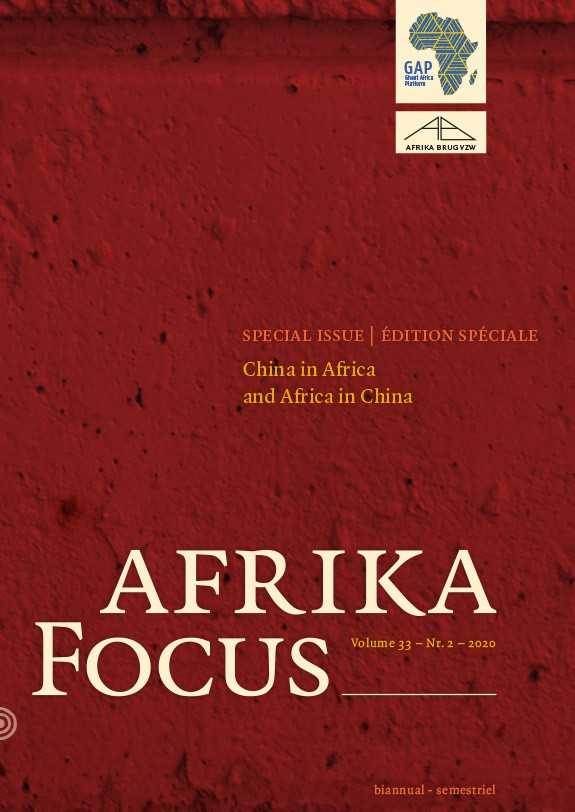The devil is in the detail. Disclosing the impact of religion on the milk system in Ethiopia
DOI:
https://doi.org/10.21825/af.v33i2.17581Abstract
The influence of religion within food systems in developing economies has been understated in scholarly studies. With its different Christian, Islamic, and traditional faiths, Ethiopia offers a promising field for investigating the impact of religion on the milk system, the most important animal protein source in Ethiopian diets. In a first chapter, we investigate how the presence of a religious fasting period influences household milk intake in the country. The second and third chapter explore how milk producers have adapted to the demand seasonality caused by religious fasting practices in two different major milk production areas. In the two final chapters we investigate if and how religious ties facilitate milk transactions. This dissertation concludes that religious fasting practices have a clear impact on milk consumption and production in the country, thereby creating considerable market inefficiencies. Furthermore, we find evidence of market coordination problems along. KEY WORDS: COORDINATION PROBLEMS, DEMAND SEASONALITY, ETHIOPIA, MILK SYSTEM, RELIGIONDownloads
Published
How to Cite
Issue
Section
License
Authors who publish with this journal agree to the following terms
Authors retain copyright and grant the journal right of first publication with the work simultaneously licensed under a Creative Commons Attribution License that allows others to share the work with an acknowledgement of the work's authorship and initial publication in this journal.
Authors are able to enter into separate, additional contractual arrangements for the non-exclusive distribution of the journal's published version of the work (e.g., post it to an institutional repository or publish it in a book), with an acknowledgement of its initial publication in this journal.
Authors are permitted and encouraged to post their work online (e.g., in institutional repositories or on their website) prior to and during the submission process, as it can lead to productive exchanges, as well as earlier and greater citation of published work (See The Effect of Open Access).


